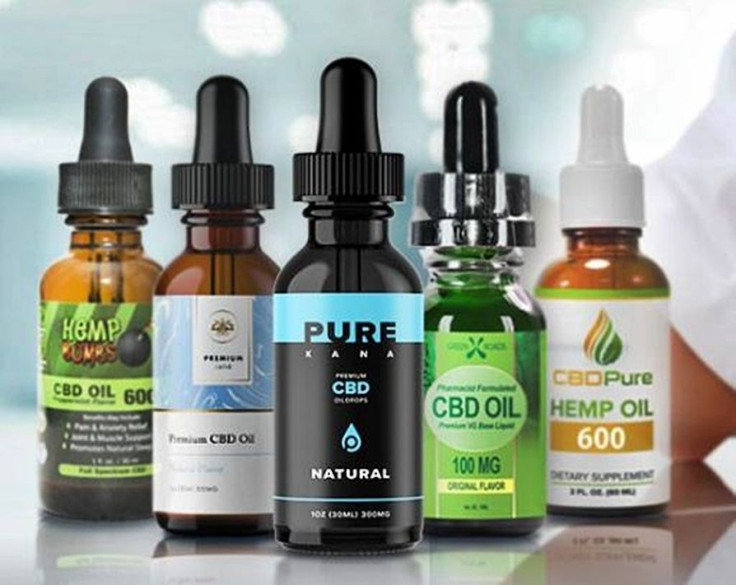Cannabis Popularity Soars As More People Battle Depression

Despite mixed results from a bevy of studies, cannabis has surprisingly become a quite popular "drug" in treating depression. Some of the studies making the case for using cannabis to treat depression focus on cannabidiol ,which is more popularly known worldwide as CBD.
Pioneering studies suggest CBD can be used as a treatment for both depression and anxiety. It might also cause fewer side effects in some people.
One frequently cited evidence to this effect is a study released in 2014 that pinpointed the reason CBD might be useful in treating depression. This study (and some others that followed it) suggests CBD appears to positively interact with serotonin receptors in the brain.
Serotonin (5-hydroxytryptamine or 5-HT) is often referred to as the "Happy Chemical" because this seems to be exactly what it does. It contributes to our well-being and happiness. It's believed to help regulate mood and social behavior, sexual desire, sleep, memory, appetite and digestion.
Some studies suggest a link between serotonin and depression. It's also known keeping serotonin levels balanced is often a key therapy for people with depression. But it remains unclear if low serotonin levels contribute to depression, or if depression triggers a fall in serotonin levels. Future studies will have to solve this conundrum.
What is clear is that drugs used to alter serotonin levels are also used to treat depression. Apart from medication, other ways to boost serotonin levels include mood induction, exposure to light, regular exercise and a healthy diet.
The argument for smoking cannabis to combat depression remains weak. A 2018 study found medical marijuana users did experience a short-term boost in mood. On the other hand, long-term cannabis use explicitly to treat depression was linked to worsening symptoms over time.
Another study making the case for cannabis was published in the journal Addiction. It used 10 years of data from a nationally representative, U.S.-government-run annual survey of Americans’ drug and lifestyle habits. The study involved more than 700,000 volunteers and covered the 12 years from 2005 to 2017.
During this time span, the overall percentage of people admitting to recent cannabis use in the past 30 days rose steadily. This increase was far more noticeable among people reporting clinical depression. The study said nine percent of those without depression reported any amount of weed use in the past 30 days. But the same was true for 19 percent of those with depression. Seven percent of those depressed also said they used cannabis daily. This compares to three percent without depression.
Researchers warn studies like this can’t explain exactly why depressed people are more likely to use cannabis. There are theories, however. One is people more likely believe cannabis is quite harmless. Unsurprisingly, more people with depression shared this opinion.
“As brain development is ongoing until at least age 25, and young persons with depression are especially vulnerable, this is a group who may need attention in terms of prevention and intervention,” Renee Goodwin, study co-author and a researcher at Columbia University’s Mailman School of Public Health, said.

Published by Medicaldaily.com



























